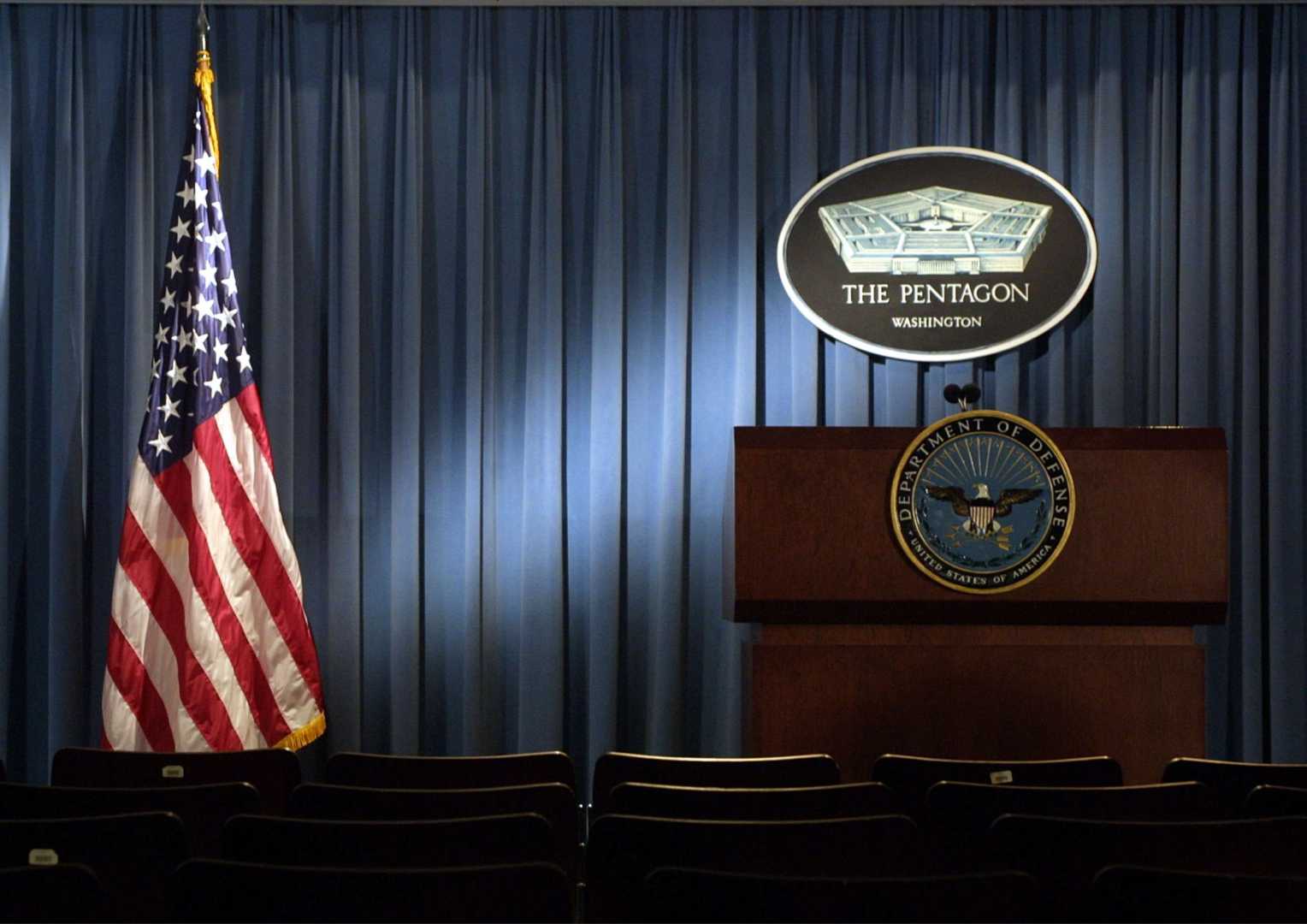News
Pentagon Press Corps Faces Major Shake-Up Under New Rotation Policy

WASHINGTON — The Pentagon press corps is undergoing significant changes that have sparked outrage among long-standing journalists covering the U.S. military. Under new Defense Secretary Pete Hegseth, notable media outlets including NBC, The New York Times, and NPR are required to vacate their long-held office spaces, making way for pro-Trump outlets like Breitbart News and One America News Network.
The announcement came earlier this month, coinciding with an impending rotation program that is set to take effect on Friday. This decision has drawn criticism from the Pentagon Press Association, which argues that the traditional media’s presence in the Pentagon is a Constitutional privilege rather than a favor from the administration.
“The media rotation program is more than a simple reorganization; it creates an environment where long-standing journalistic practices could be undermined,” said Patrick Semansky, a veteran White House photographer. The memo from John Ullyot, acting assistant to Secretary Hegseth, refers to the office spaces as ‘on loan’ and says their allocation is subject to the Defense Secretary’s discretion. This has raised concerns about media autonomy and independence.
While the Pentagon is often celebrated for its openness compared to other global defense departments, this latest move could hamper that tradition. The changes come at a time when the Pentagon already faces scrutiny for its communication strategies regarding national security.
In interviews, several Pentagon journalists expressed their apprehension about being rotated out of the press room. “It’s extremely important for ongoing coverage that we maintain our presence here. It allows for the immediacy and accuracy that breaking news often requires,” said a senior defense reporter who wished to remain anonymous.
The reaction from various media organizations has been swift, with many asserting that their presence is necessary for holding the government accountable. “We are here to inform the public about key military operations and policies, and being moved out is not just an inconvenience; it’s a threat to that mission,” said a spokesperson from NPR.
This situation reflects a broader trend of increasing tensions between the current administration and the media. Reports indicate that many defense officials feel that this is part of a calculated path to diminish press power. The Associated Press recently faced restrictions to access the Oval Office unless it conformed to using the phrase ‘Gulf of America’ instead of the Constitutionally recognized ‘Gulf of Mexico’.
“The role of the press is to question and hold the government accountable,” asserted an official from the National Press Club. “What we are witnessing here isn’t just about workspace; it threatens the functional relationship between the press and the defense establishment.”
With the Pentagon being the largest defense department globally, spending approximately 40% of the world’s total military expenditure, the need for transparency is more critical than ever. The interplay of politics and press will determine how effectively the media can engage in oversight as this administration pursues its security objectives.
The impending changes are still developing, and the core questions regarding the relationship between the military and the press linger. How this will affect the terrain for journalists striving to cover national security remains to be seen.












